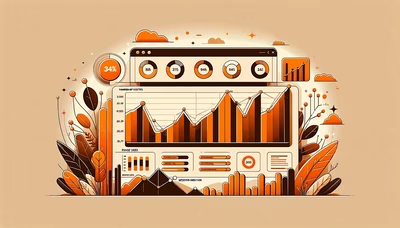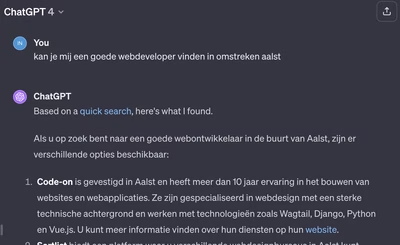convert excel to software
Why SMBs should convert their Excel files to Python Django Code
Using Excel to keep track of data gets you a long way. But at some point you run into limitations and it's time to move to a real database.

In today's digital world, efficiency and reliability are crucial for small and medium-sized enterprises (SMEs). Many SMEs still rely on Excel files to keep track of their data, but this can lead to several problems. By choosing a customized system with Python or Django, SMEs can reap many benefits. Here are some reasons why it is worth making the switch.
1. Better Data Security.
Excel files are vulnerable to errors and data loss. They can be easily modified or even deleted by unauthorized users. A Django-based system provides better security through user authentication and access control. This ensures that only authorized individuals can access the data, reducing the risk of errors and data loss.
2. Centralization and Accessibility.
Excel files are often stored locally and shared via e-mail, which can lead to multiple versions of the same file. With a Django web application, all data is stored centrally and accessible through a web browser. This provides a single source of truth, giving everyone in the organization access to the most up-to-date information.
3. Scalability
Excel was ideal for getting an idea of what information to collect, but at some point you have to outgrow this tool. Excel files can become slow and unwieldy as the amount of data increases. Django is built to handle large amounts of data efficiently and can easily scale up as your business grows. This means your system can grow with your business without worrying about Excel's limitations.
4. Automation of Processes
With a Django web application, you can automate repetitive tasks that are normally performed manually in Excel. These can range from simple calculations to complex reports. Automation saves time, reduces the risk of human error and increases efficiency.
5. Integration with Other Systems
A custom Django system can be easily integrated with other software and systems your company uses, such as CRMs, ERPs and other databases. This creates a seamless flow of data between different systems, improving operational efficiency and reducing manual input.
6. Customization and Flexibility
Excel offers limited opportunities for customization. A Django-based system can be fully customized to meet your company's specific needs and workflows. This means you get a solution that fits your business processes perfectly and can be easily modified as your needs change.
7. Enhanced Analysis and Reporting
Django provides powerful tools for data analysis and reporting. You can run complex queries and generate detailed reports to make better business decisions. With interactive dashboards, you can gain real-time insight into your business data, which is often cumbersome and time-consuming with Excel.
Conclusion
While Excel can be a powerful tool for simple data storage and analysis, its limitations are obvious when a business grows and has more complex requirements. By moving to a Django-based system, SMBs can benefit from improved security, scalability, automation and customization. These benefits can ultimately lead to increased efficiency, better decision-making and a firmer foundation for future growth.
Are you interested in converting your Excel files to a Python Django system?


